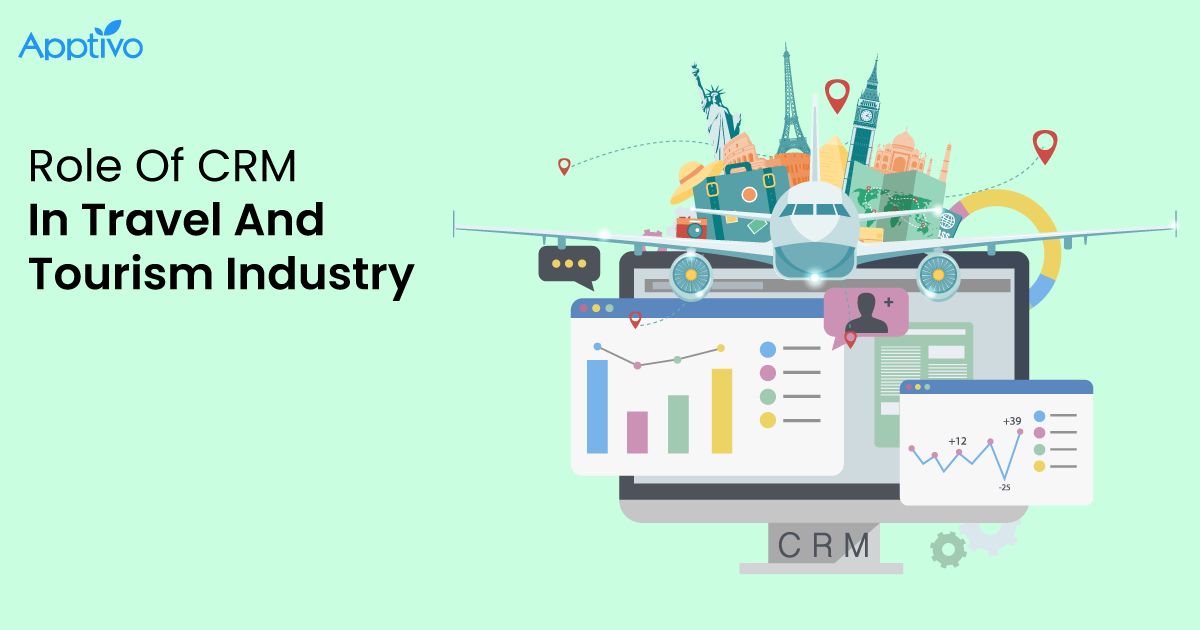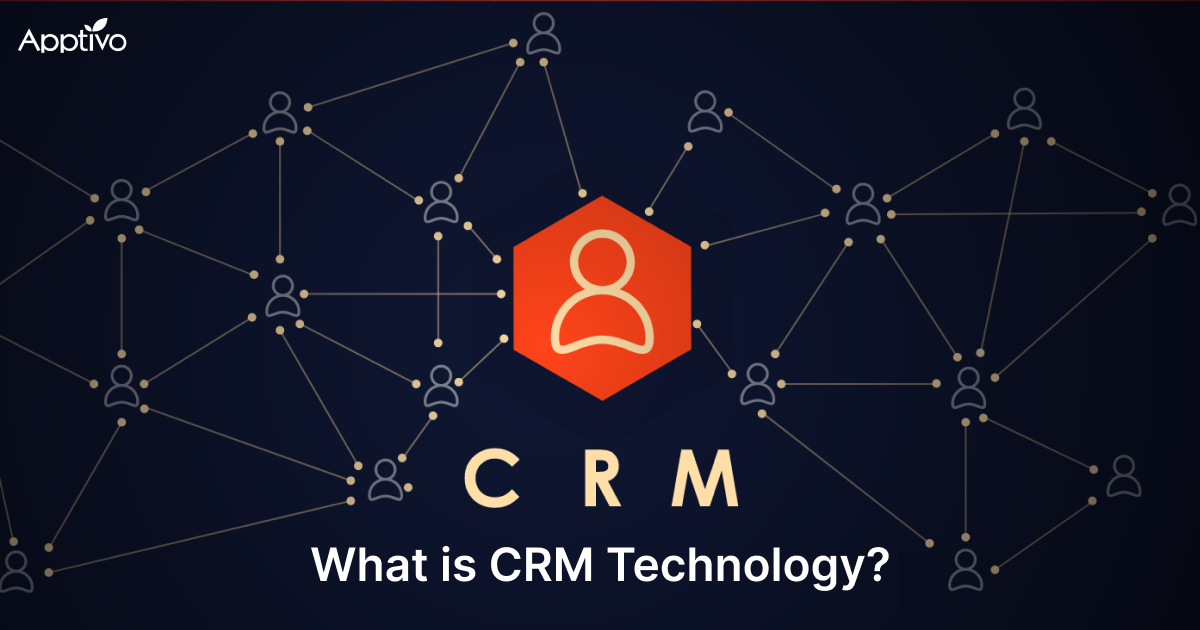 |
Have you ever dealt with a help desk and felt as if you were going around in circles? It’s a common source of annoyance for many customers who seek assistance. But what if there was a way to make the process smooth and efficient? Customer Relationship Management (CRM), a tool that can make the process as simple as shooting fish in a barrel. CRM allows help desk agents to access a wealth of information about a customer, allowing them to provide personalized and efficient support.
As Maya Angelou once said, “I’ve learned that people will forget what you said, people will forget what you did, but people will never forget how you made them feel.”
With a CRM in place, help desks can create a positive and memorable customer experience that will leave customers feeling heard and satisfied.
What is a CRM?
CRM refers to a variety of methods, approaches, and technological tools used by businesses to manage their engagement and connections with customers. Businesses can collect and store a wide range of customer data using a CRM system, including contact information, purchase records, preferences, and interactions with the company via various communication channels. CRM’s vast amount of information can provide valuable insights into customer behavior, improve communication, and ultimately deliver exceptional customer service.
How can CRM be helpful in a help desk center?
Know Your Customer (KYC)
KYC, or Know Your Customer, in general is the process of verifying customers’ identities in order to prevent fraud and ensure compliance with regulations. Beyond compliance, a CRM system can be extremely beneficial to really know the customer that is interacting – informing sales, marketing and frontline teams to handle situations appropriately. Here’s how:
Centralized customer data
A CRM system serves as a Swiss Army knife for help desk agents, allowing them to access and update all customer data from a single location. Knowing the history of purchases, service record, lifetime value, and other relevant information made available helps in providing a better customer experience.
Recency, Frequency and Value (RFV) Segmentation
When the help-desk software tracks a big fish VIP customer based on RFV, the agent can recommend related products like accessories or warranties that match their interests. Furthermore, this provides opportunities to cross-sell or upsell additional products, maximizing revenue and customer satisfaction.
Lifetime Value (LTV)
LTV aids in the identification of high-value customers who have the potential to generate significant revenue for the business over time. A CRM system can track customer behavior, such as purchase frequency and order size to determine the LTV. With this information, the help desk center can prioritize these customers for exceptional service as they are important for the company’s long-term success. Excellent customer service is the secret sauce to increase any customer’s LTV.
Ready referral for customer status
In a fictitious world, customer service representatives have the ability to read people’s minds. Well, not exactly, but with the help of a CRM system slashing features, they can quickly retrieve a customer’s purchase history and preferences to provide quick and precise responses to inquiries or issues. Furthermore, they have the ability to anticipate and resolve problems before they arise, resulting in satisfied and acknowledged customers who want to return for more. It’s like having a magic lamp at the customer service representatives’ fingertips, fulfilling every customer’s wish even before they vocalize it.
Support plans
To put it simply, “different strokes for different folks.” When a customer with a premium support plan contacts customer service, the support representative can give them the royal treatment by prioritizing their case and providing more detailed and thorough assistance.
Support driven sales
When a customer contacts the help desk with a specific product problem, the adage “strike while the iron is hot” holds true. In such cases, the support agent can strike gold by using the CRM to determine whether the customer has previously purchased any related products or services. Armed with this information, the agent can then hit the bullseye by recommending additional products or services that may pique the customer’s interest, potentially leading to a sale. This strategy recognizes that a customer who has already interacted with the help desk is more likely to be on the same wavelength and open to additional offers. Furthermore, it can aid in the establishment of a long-term relationship between the customer and the company.
Work orders, Field service & AMC
Running a business that provides ongoing services to customers is similar to being a chef in a busy restaurant; they must keep track of all orders and ensure that everything is served to perfection. Work orders and field service management come in handy here, allowing them to track customer requests and maintenance tasks to ensure that everything runs smoothly.
Using a CRM system is the chief aid to business in managing everything. It records all customer interactions and support history in order to provide a personalized experience for each customer. They can create work orders and assign technicians based on their expertise and availability with the help of the CRM, ensuring that each customer receives the right support at the right time.
The CRM acts as a personal assistant for AMC (Annual Maintenance Contract) agreements, scheduling routine maintenance visits and sending reminders to customers. Businesses can improve efficiency and customer satisfaction by providing proactive support before problems arise.
Summary
A help desk integrated CRM system can provide valuable insights into customer needs and preferences to help manage work orders and field service in a help desk center, allowing for efficient appointment scheduling and resource allocation, real-time updates on work order progress, and proactive support.
Latest Blogs

Role Of CRM In Travel And Tourism Industry
Travel and tourism have been a significant part of everyone’s life since the ancient period. When we skim through the pages of history, It should be noted that humans were initially nomads before they became settled in one place. They...
Read more →
WHAT IS CRM TECHNOLOGY?
Introduction CRM is a technology that helps manage the entire customer information and interactions in order to build and maintain superior customer relationships. The CRM solution replaces spreadsheets and other different applications, which makes it easy for the businesses to...
Read more →
Everything you need to know about the Annual Maintenance Contract!
1. What is an Annual Maintenance Contract? 2. Benefits of Maintenance Contracts 3. How can Apptivo CRM help you manage maintenance agreements and vendors? 4. Summary Think about getting the confidence that the machinery is well-maintained and performing optimally, without...
Read more →
